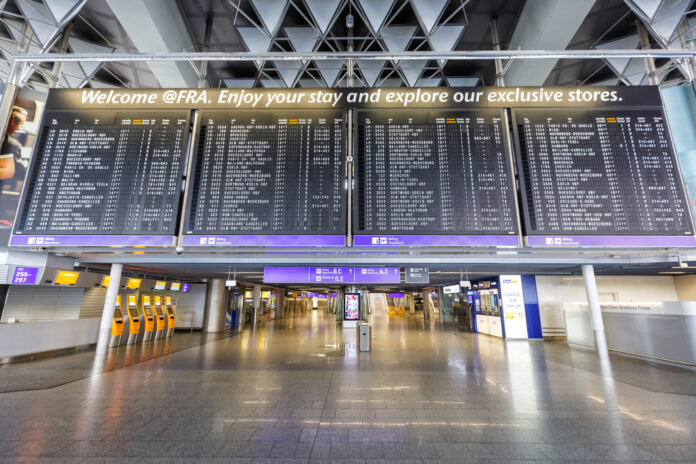
Workers stage one of the largest walkouts in decades across Germany, as they demand wage hikes amid rising inflation
A major strike by unions in Germany resulted in the halting of planes, buses, and train services across Germany on Monday, March 27, as workers staged one of the largest walkouts in decades across the country.
The strike, which was called for 24 hours by the Verdi, railways, and the transport union EVG, comes at a time when people across European countries are demanding a rise in pay.
According to Reuters, the strike also started three days of talks over wages. If both sides do not agree to the demands, it could lead to further protests.
As per estimates by the airports association ADV, over 380,000 passengers travelling by air were affected by the strike, which also hit airports in Munich and Frankfurt.
So far, employers have agreed to a 5 percent increase in wages, which would be extended to a period of 27 months. Aside from this, they are also willing to offer a one-off payment of €2500.
But the unions are calling this “unacceptable”, as they stated that the offer is too low, looking at the rate of inflation, which reached 9.3 percent in February.
Germany´s heavy dependence on Russia before the Ukrainian invasion has resulted in hitting its economy. Inflation rates have been recorded higher than the European average, as the public has been hit by high prices.
“Employees are fed up with being fobbed off with warm words while work conditions get ever worse and there are many vacant posts,” said Verdi Chief Frank Werneke.
Verdi is proposing an increase of 10 percent in wages, while EVG is asking for an increase of 12 percent.
This would mean an increase of wages between €500 to €650 per month for the workers.
Thank you for taking the time to read this article, do remember to come back and check out the EuroNews247 website for all your up-to-date European news stories.








